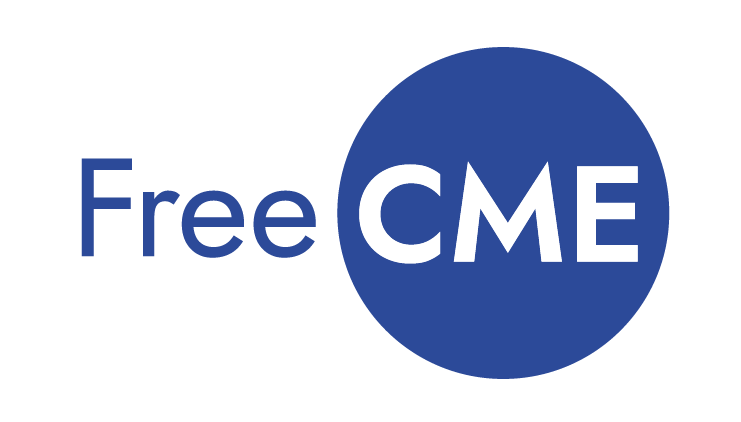Overview of Our Hepatology Courses
Hepatology has become an increasingly complex and critical area of medicine, as the burden of liver disease continues to grow worldwide. From rising rates of nonalcoholic fatty liver disease (NAFLD) and viral hepatitis to complications of cirrhosis and hepatocellular carcinoma, clinicians across specialties must stay informed about the latest diagnostic tools, treatment options, and clinical guidelines. FreeCME provides a robust collection of free online hepatology CME courses, designed to support clinicians in delivering evidence-based care to patients with a broad range of liver conditions.
Featured Courses

Clinical Compendium: Individualizing Care of Patients with Hepatorenal Syndrome – Acute Kidney Injury
Each course is developed in collaboration with accredited CME providers, ensuring that content is scientifically rigorous, clinically relevant, and up to date with current standards of care. Whether you’re a liver specialist managing patients with advanced fibrosis or a primary care clinician screening for hepatitis C, FreeCME offers practical, digestible learning that fits your schedule and enhances your clinical acumen. And with no registration fees, subscription costs, or hidden charges, our platform provides a convenient and completely cost-free way to earn CME credits online.
Courses are available on demand and can be completed at your own pace. Upon finishing the module and passing a brief post-test, you can immediately download your CME or CE certificate—ideal for fulfilling state licensure, MOC, or organizational credentialing requirements.
The hepatology CME curriculum includes a wide range of critical topics, such as:
-
Screening and treatment of viral hepatitis, including hepatitis B and curative approaches for hepatitis C
-
Nonalcoholic fatty liver disease (NAFLD) and nonalcoholic steatohepatitis (NASH): diagnosis, staging, and evolving pharmacologic treatments
-
Cirrhosis management, including portal hypertension, hepatic encephalopathy, and ascites
-
Liver transplant referral criteria and post-transplant care
-
Hepatocellular carcinoma (HCC): risk assessment, surveillance, and treatment strategies
-
Liver function testing and imaging, including interpretation of noninvasive fibrosis assessments
-
Drug-induced liver injury (DILI) and hepatotoxicity considerations in pharmacologic therapy
These CME activities are beneficial not only for hepatologists and gastroenterologists, but also for infectious disease specialists, internists, nurse practitioners, physician assistants, and pharmacists who manage or co-manage patients with liver-related conditions. Many of the courses reflect the latest practice guidelines from organizations such as the American Association for the Study of Liver Diseases (AASLD) and the European Association for the Study of the Liver (EASL), giving you confidence that your education is aligned with the most current clinical recommendations.
